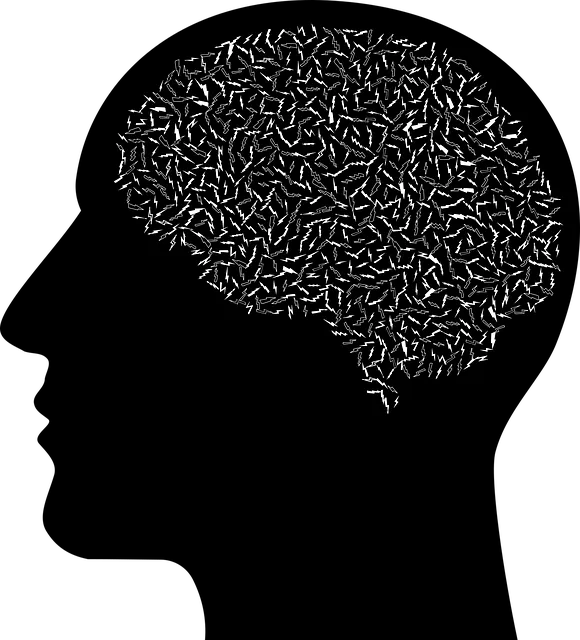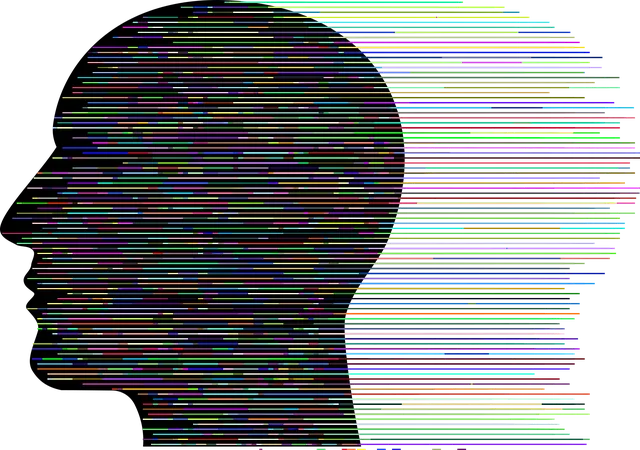Mental health self-assessment tools, like those developed by Westminster Kaiser Permanente, play a crucial role in raising public awareness about psychological well-being. These questionnaires offer structured self-reflection on areas such as stress management, emotional regulation, and social skills, facilitating early detection of mental health issues. The Westminster Kaiser Permanente Mental Health Initiative integrates conflict resolution techniques and mindfulness meditation to empower individuals with proactive tools for managing stress, anxiety, and depression. By focusing on holistic mental health aspects like work-life balance and team communication strategies, these assessments reveal workplace dynamics affecting mental wellness, enabling targeted interventions. Effective questionnaires, featuring clear questions, validated scales, and cultural sensitivity, enhance reliability and validity. Integrating emotional intelligence components provides deeper insights into coping mechanisms. Continuous improvement based on user feedback ensures the tools remain relevant and effective, aligning with Westminster Kaiser Permanente's comprehensive care philosophy.
Mental wellness self-assessment tools have become vital resources for individuals seeking to understand and improve their psychological well-being. This article explores the development of such tools, focusing on the innovative approach taken by the Westminster Kaiser Permanente Mental Health Initiative. We delve into key areas for assessment, effective questionnaire design, and the integration of feedback for continuous improvement. By understanding these components, we can enhance mental health awareness and support individuals in their journeys towards better minds and lives.
- Understanding Mental Health Self-Assessment Tools
- The Role of the Westminster Kaiser Permanente Mental Health Initiative
- Identifying Key Areas for Assessment
- Designing Effective and Accurate Questionnaires
- Integrating Feedback and Continuous Improvement
Understanding Mental Health Self-Assessment Tools

Mental Health self-assessment tools are designed to help individuals gain insights into their psychological well-being. These tools, often in the form of questionnaires or surveys, play a pivotal role in promoting public awareness campaigns development related to mental health issues. By providing a structured framework for self-reflection, they enable people to identify potential challenges and strengths in various aspects of their mental wellness. For instance, a comprehensive assessment might cover areas such as stress management, emotional regulation, social skills training, and crisis intervention guidance, all of which are essential components of overall psychological health.
Westminster Kaiser Permanente, among other healthcare providers, has recognized the significance of these tools in fostering a culture of open dialogue around mental wellness. They have developed and refined self-assessment programs to assist patients in taking charge of their mental well-being. These initiatives not only empower individuals but also facilitate earlier detection of mental health concerns, enabling timely interventions. Through such public awareness campaigns development, organizations like Westminster Kaiser Permanente aim to reduce stigma and promote a healthier, more supportive environment for people’s mental wellness journeys.
The Role of the Westminster Kaiser Permanente Mental Health Initiative

The Westminster Kaiser Permanente Mental Health Initiative plays a pivotal role in advancing mental wellness assessment and support within the community. This comprehensive program aims to enhance access to mental health services, focusing on early intervention and prevention strategies. By integrating various tools and techniques, such as Conflict Resolution Techniques, they strive to equip individuals with the skills to manage stress, anxiety, and potential depression before these issues escalate.
One key aspect of their approach is promoting Mindfulness Meditation as a powerful tool for cultivating mental resilience. Through workshops, educational resources, and accessible digital platforms, the initiative empowers people to take charge of their mental health proactively. By fostering awareness and providing practical strategies, they contribute to building a healthier, more resilient community where individuals can navigate life’s challenges with greater ease.
Identifying Key Areas for Assessment

When developing a mental wellness self-assessment tool for organizations like Westminster Kaiser Permanente, it’s crucial to identify key areas that reflect holistic mental health. This includes assessing work-life balance, communication strategies within teams, and individual resilience against stress. By focusing on these aspects, the assessment can effectively pinpoint potential burnout prevention areas and highlight the need for tailored Mental Health Education Programs Design.
For instance, the tool might explore how individuals manage their workload, interact with colleagues, and cope with challenging situations. This data provides valuable insights into workplace dynamics that could be negatively impacting mental wellness. Identifying these key areas allows for the creation of targeted interventions aimed at enhancing communication strategies, fostering supportive work environments, and promoting healthy coping mechanisms to ultimately improve overall mental health.
Designing Effective and Accurate Questionnaires

Designing effective and accurate questionnaires is a critical step in developing robust mental wellness self-assessment tools. Tools like those used by Westminster Kaiser Permanente for mental health assessments must strike a balance between capturing comprehensive data and maintaining user-friendliness. The questions should be clear, concise, and relevant to the specific aspect of mental wellness being assessed, whether it’s stress levels, emotional stability, or symptoms of anxiety relief.
Incorporating validated scales and items from established psychological instruments can enhance the tool’s reliability and validity. Additionally, ensuring cultural sensitivity and inclusivity in the language and content is essential for accurate assessment across diverse populations. Integrating aspects like emotional intelligence into the questionnaires can provide deeper insights into an individual’s coping mechanisms and interpersonal skills, enhancing the overall effectiveness of self-assessment tools in identifying areas requiring support through Community Outreach Program Implementation.
Integrating Feedback and Continuous Improvement

Effective mental wellness self-assessment tools are dynamic entities that can greatly benefit from integrating feedback mechanisms. By incorporating user input and continuous improvement strategies, such tools can evolve to better meet the diverse needs of individuals seeking support at Westminster Kaiser Permanente mental health services. This iterative process allows for refining not only the assessment questions but also the overall user experience, ensuring relevance and effectiveness in a constantly changing landscape.
For instance, integrating mindfulness meditation techniques into the self-assessment could be informed by patient feedback on their impact on mood management and empathy building strategies. Regular updates based on this valuable insight can enhance the tool’s ability to engage users and provide tailored recommendations, fostering a more holistic mental wellness journey within the context of Westminster Kaiser Permanente’s comprehensive care approach.
Mental wellness self-assessment tools play a pivotal role in personal well-being, offering individuals a means to gain insights into their mental health. As demonstrated by the Westminster Kaiser Permanente Mental Health Initiative, these tools can be highly effective in identifying areas of concern and guiding tailored interventions. By focusing on key aspects such as emotional well-being, stress management, and social connections, and employing accurate questionnaires designed with user experience in mind, self-assessment tools can empower individuals to take charge of their mental health. Continuous improvement through feedback integration ensures these tools remain relevant and effective, fostering a supportive environment for overall wellness.






